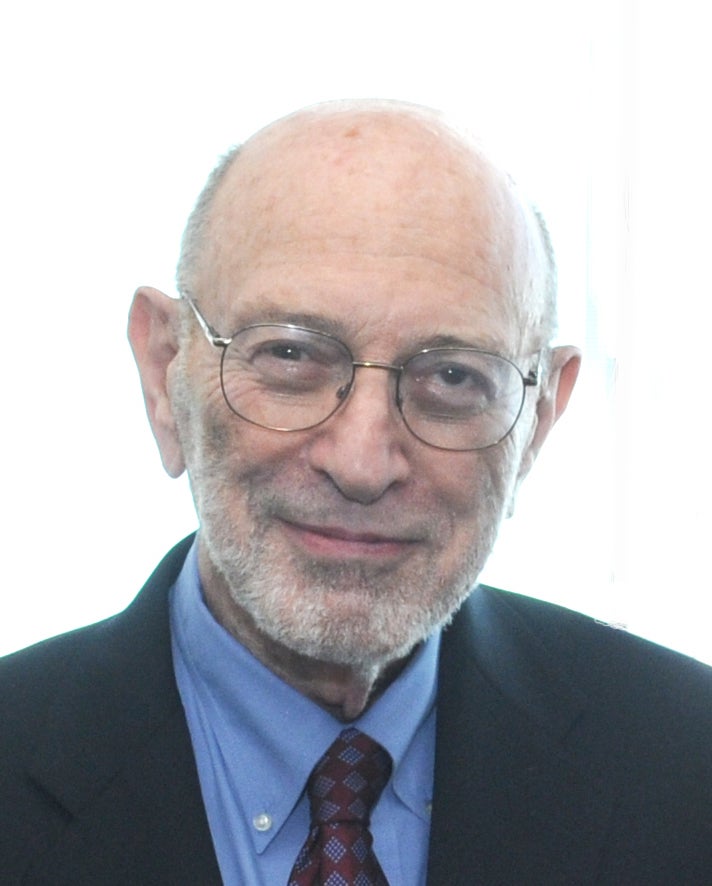
Cohen graduated from Rutgers University with a B.S. in 1956 and subsequently joined the University of Pennsylvania School of Medicine from which he obtained his M.D. in 1960. Over the course of a series of internships and fellowships, Cohen developed an interest in basic research and began to include it as part of clinical practices during his time as a resident at the National Institutes of Health.
In 1967 Cohen was a postdoctoral fellow in the lab of Jerard Hurwitz at the Albert Einstein College of Medicine, where he studied the transcriptional regulation of the bacteriophage λ genome. Cohen was interested in applying the techniques he learned in Hurwitz’s lab to study resistance plasmids - genetic elements that were found to be involved in the emergence of antibiotic resistance. Trained as both a physician and a scientist, Cohen believed that gaining insight into resistance plasmids was of both medical and scientific importance. He joined Stanford in 1968 to begin his research program.
In 1973 Cohen and his colleagues, Annie C. Y. Chang, Herbert W. Boyer, and Robert B. Helling, were the first to perform genetic cloning. Further work from Cohen and colleagues that soon followed showed that genes from unrelated bacterial species, and even genes from animal cells, can be introduced and propagated in a recipient bacterium.
The protocol utilized to perform this work was patented by Boyer and Cohen in 1974 and is recognized as one of the most widely adopted technologies in any industry. For his contributions and related work, Cohen has a long list of accolades and awards, which include being elected to the National Academy of Sciences (1979) and being awarded: The Albert Lasker Award for Basic Medical Research (1980), the National Medals of Science and Technology (1988, 1989, respectively), the Albany Medical Center Prize (2004), and the Shaw Prize in Life Science and Medicine (2004).
Cohen’s current work at Stanford involves the study of RNA decay, the evolution and spread of antibiotic resistance, and the expansion of gene regions that contain nucleotide repeats, a phenomenon known to have a causal role in a variety of neurodegenerative diseases.